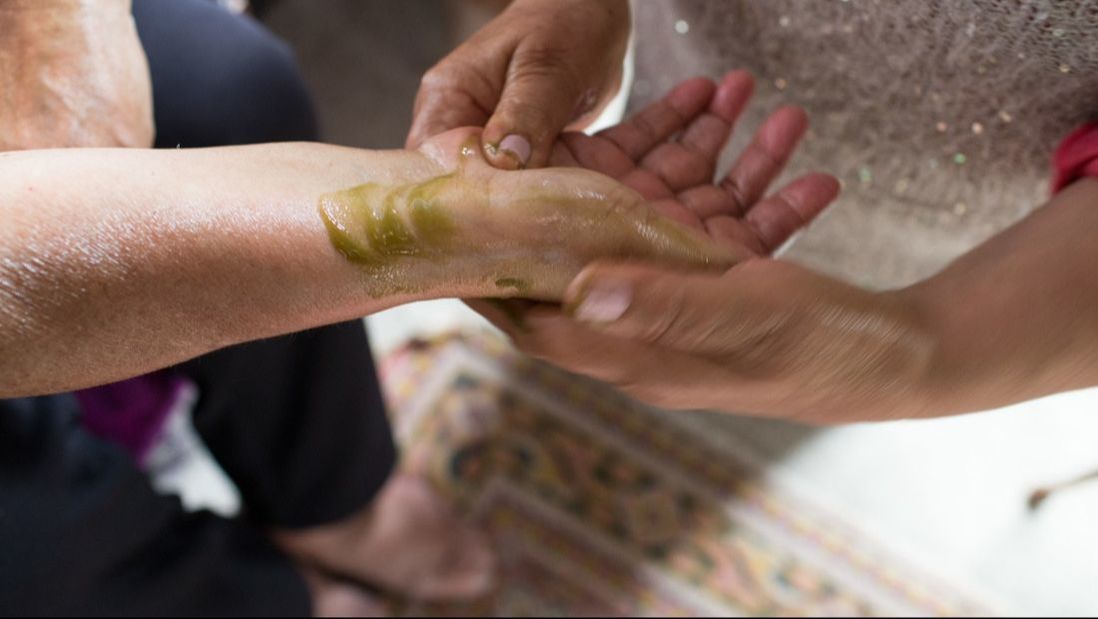Medicinal cannabis bill should take account of Māori traditional healing

Maori traditional healing
By Gilbert Taurua
Although cannabis is not a traditional preparation, the plant radula marginata (Wairuakohu), contains cannabinoids and has a long history of traditional use as a Māori herbal medicine or rongoā. The cannabinoid is not THC, the main psychoactive chemical in cannabis, but it has a similar molecular structure.
From a Māori perspective, the application of rongoā reminds me of the 2011 Wai 263 Claim 'Ko Aotearoa Tenei’. It was a claim about the place of Māori culture, identity and traditional knowledge, which called for the Crown-Māori relationship to move beyond grievance to a new era based on partnership.
In the holistic Māori view of health, illness is a manifestation of environmental, family, or spiritual problems. Traditionally, the most important form of treatment by tohunga was – and remains – spiritual. Rākau rongoā are not considered effective on their own.
This brings to mind the Tohunga Suppression Act 1907, and the complex implication of the Treaty of Waitangi as part of those deliberations.
Some Māori patients will always choose to follow traditional healing methods. These can include rongoā Māori, romiromi or mirimiri - customary remedies based on native plants, massage therapy and spiritual healing.
The place of Māori traditional healing and the use of medicinal cannabis products ought to be considered by this select committee. Our submission urged the committee to consult with Māori traditional healers and their patients.
The Drug Foundation hopes to see a much wider debate, which includes a Māori perspective on the prescription and use of medicinal cannabis products.
The regulation and production of a cannabis market could have wide-reaching economic benefits for Māori communities. We need to ensure that big business and large pharmaceutical companies do not dominate this space, as they have with the alcohol industry, increasing the challenges associated with local alcohol policies.
Recent news

Reflections from the 2024 UN Commission on Narcotic Drugs
Executive Director Sarah Helm reflects on this year's global drug conference
What can we learn from Australia’s free naloxone scheme?
As harm reduction advocates in Aotearoa push for better naloxone access, we look for lessons across the ditch.

A new approach to reporting on drug data
We've launched a new tool to help you find the latest drug data and changed how we report throughout the year.

